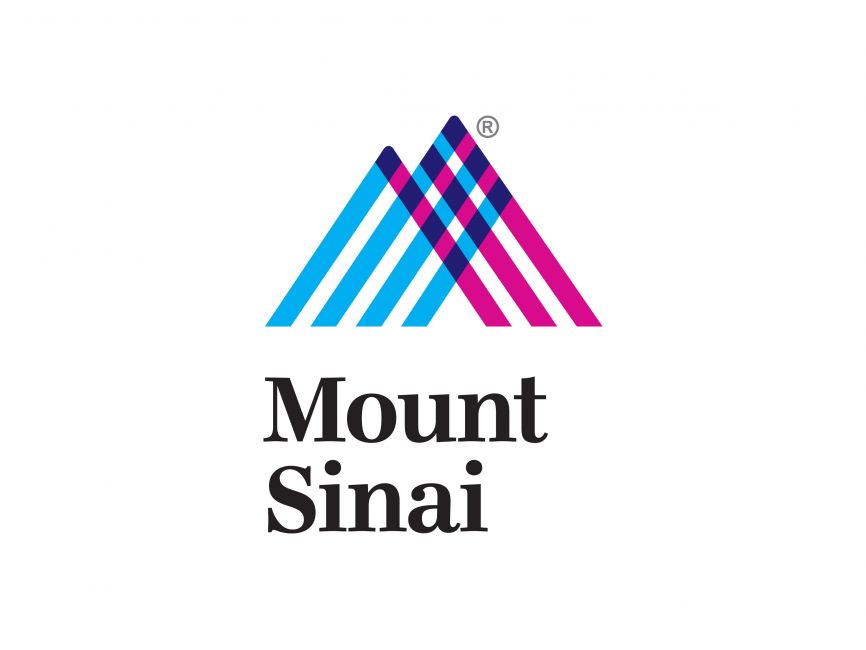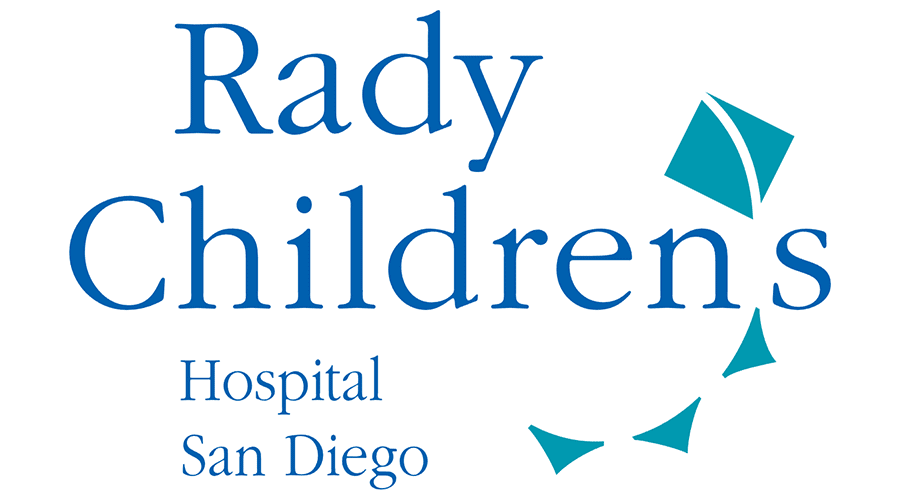Product: CLiX unlock
Client: Icahn School of Medicine at Mount Sinai, NY
Market: Clinical trial patient recruitment
THE BACKGROUND
Patient recruitment is expensive, making up one-third of the cost of clinical trial budgets. According to Centerwatch, 11% of recruitment sites fail to recruit any patients to participate in clinical trials and 37% under-recruit. Therefore, sourcing a means to expedite this process, and thereby mitigate these costs, not only increases efficiency but also affords stakeholders a competitive advantage.
CLiX unlock automates the process of reviewing the unstructured data found in the narrative written by clinicians, as well as various documents and reports. This is achieved by designing CLiX queries, within an intuitive user interface, which match study inclusion and exclusion criteria. The CLiX natural language processing (NLP) engine allows it to “read” and encode millions of documents against these queries, thus CLiX insight list of highly eligible, prioritized patients who match the study criteria
THE TECHNOLOGY
Investigators at the Icahn School of Medicine at Mount Sinai (ISMMS) worked with CLiX unlock to increase their recruitment potential. Having only enrolled one of seven eligible patients found over four months, investigators at ISMMS enhanced the recruitment process by introducing CLiX unlock. Over the next two weeks, Clinithink worked closely with ISMMS to develop queries which matched their study protocol.
Once the query creation and validation were complete, CLiX unlock processed and interrogated over half a million documents in 15 hours. By current best practice (manual review), this would have taken 6,325 person days. The automated process produced a CLiX insight list of 109 highly eligible patients identified by CLiX. Using the CLiX insight list, the Principal Investigator (PI) and another physician at ISMMS independently reviewed the case notes of these 109 patients in one day of elapsed time. They verified 97 of these patients as being suitable/ideal candidates.
Therefore, extrapolating the recruitment success rate for this trial, it is predicted that a further 13 patients will be enrolled. Compared with the one patient enrolled over four months without CLiX unlock, this represents a radical improvement in results for ISMMS and a paradigm shift in their recruitment process.
With such a large reservoir of pre-screened patients to work with, the investigators can be much more targeted in who to approach for consent and are therefore expecting a much higher rate of conversion of pre-screened to consented.
Results: more than 10x the number of candidates in ⅛ the time
CLiX unlock processed:
- 537,636 documents in 15 hours
- 35,842 documents per hour
- Relating to 8,222 patients’ records
Equivalent manual review:
- 537,636 documents
- 6,325 person days
SUMMARY
This case demonstrates how CLiX unlock can transform patient recruitment in clinical trials. Not only does it show that recruitment can be made exponentially more efficient by the use of tailored CLiX queries, but that the pre-screening yield can be dramatically increased. This transformative process was achieved in a matter of weeks and has revolutionized how investigators at ISMMS are now thinking about patient recruitment.
With the ability to accelerate the recruitment phase of clinical trials so significantly, CLiX unlock represents a major advance in how sponsors and research centers will achieve patient enrollment.
“Using your solution we have just done in a week what would have taken 4 months. This is a game changer.”
Jonathan Winston, MD, Professor of Medicine/Nephrology at Mount Sinai


